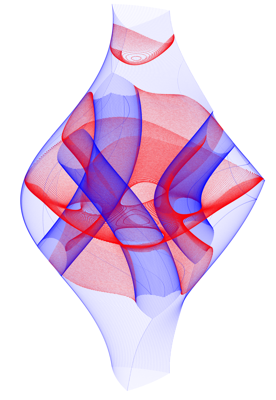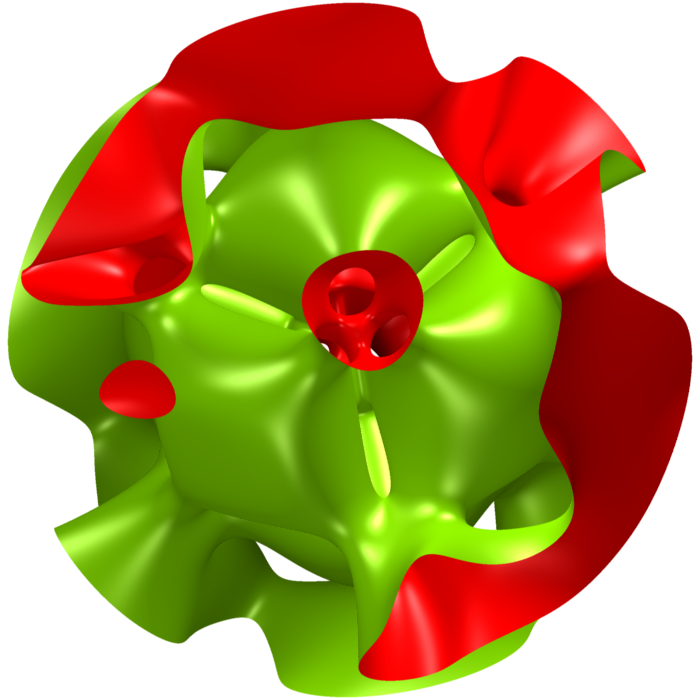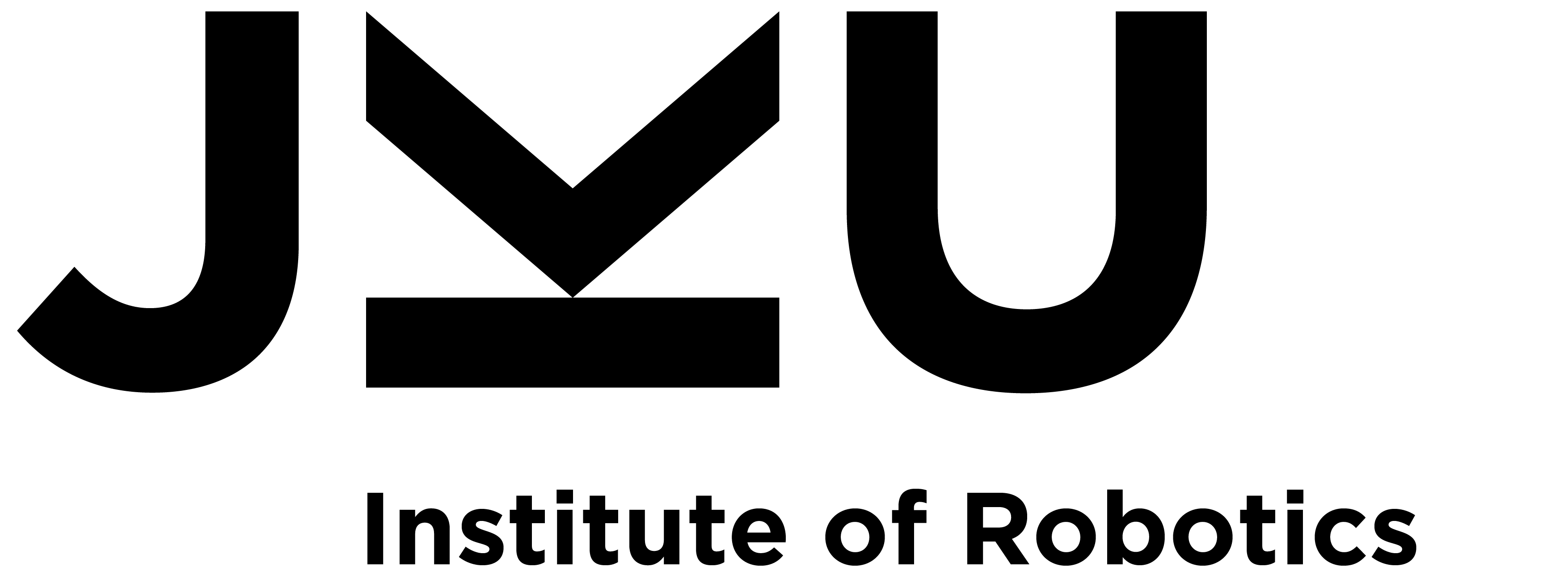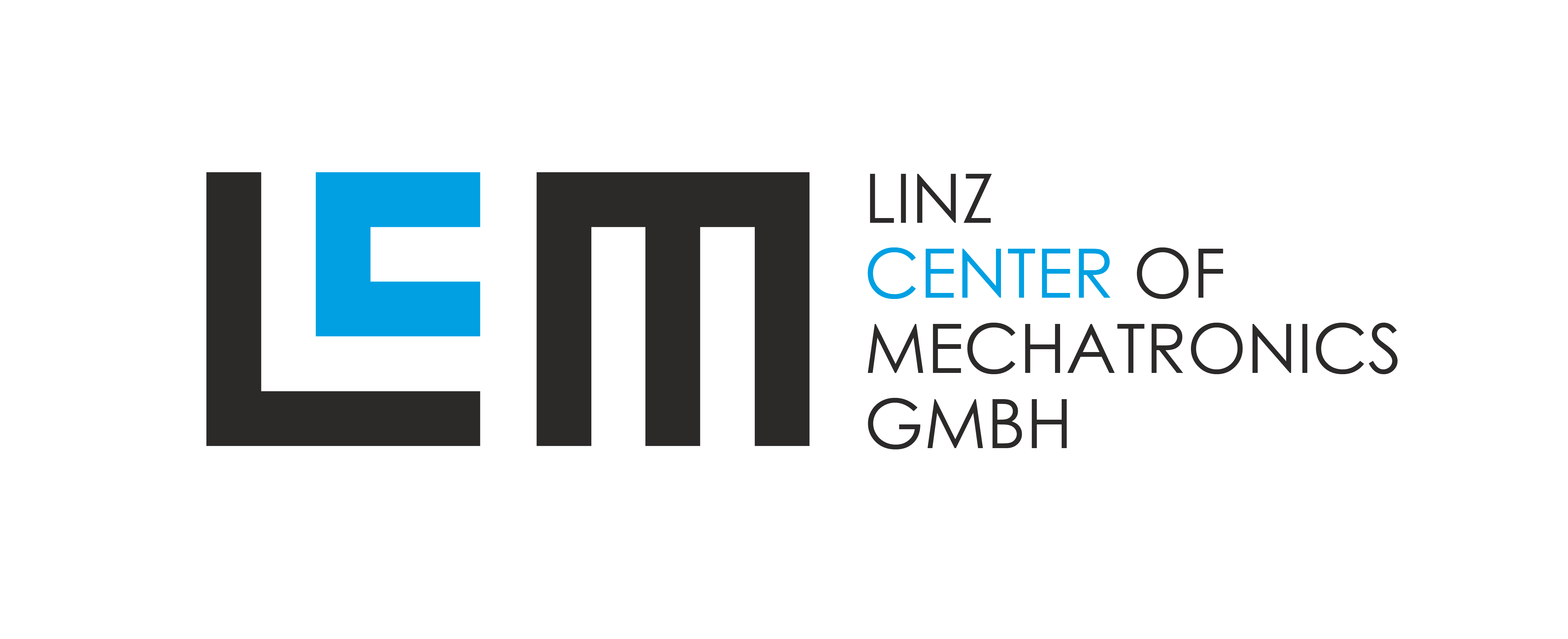The one week course is organized in the form of several interactive lectures addressing the five topics where each lecturer will focus on one topic. However, common themes are identified and explored in each lecture from different viewpoints. This reinforces learning about the phenomena as well as understanding their importance, while providing the participants with varied conceptual and methodological tools applicable to the problems at hand.
The lectures will be given by the following renowned experts in the field:
 |
Peter Donelan is an Associate Professor in the School of Mathematics and Statistics at Victoria University of Wellington, New Zealand. He has been working in singularity theory, differential geometry, and their applications to robot kinematics, for over 25 years. His research has included contributions to the classification of screw systems, the geometry and singularities of path trajectories for serial and parallel manipulators, and algebraic invariants of the Euclidean group. He is a Fellow of the NZ Mathematical Society and has been Head of School at his university for nine years.
|
 |
Manfred Husty (University of Innsbruck, Austria) is a full Professor of Geometry at the Leopold Franzens University of Innsbruck. He has been working on theoretical kinematics, robot kinematics workspace and singularity analysis for more than 35 years. His most important contributions are the solution of the forward kinematics of the general Stewart-Gough platform, an efficient (real time) algorithm for the inverse kinematics of general serial 6R robots, as well as on workspace and singularity analysis of different types of parallel mechanisms applying methods from algebraic geometry. He is scientific board member of Joanneum Research Institute of Robotics. He got the doctorate of technical sciences from the Technical University Graz in 1983 and the habiltiation in 1989. In the years 1993-94 he was Erwin Schrödinger fellow at McGill Center of Intelligent Machines in Montreal, Canada. From 2004 to 2008 he served as dean of the faculty of Technical Sciences at University of Innsbruck. He is long time chair of IFToMM Austria and past chair of the TC of Computational Engineering of IFToMM. In 2013 he obtained an honorary doctorate from Cluj Technical University and in 2017 he received the "Mechanism and Machine Theory 2017 Award for Excellence to celebrate and reward the top 10 most-cited papers since its first publication".
|
 |
Andreas Müller (Institute of Robotics, Johannes Kepler University Linz, Austria) is a full professor and the head of the Institute of Robotics at the Johannes Kepler University, Linz, Austria. He has been working on singularities of mechanisms for more than 20 years, making fundamental contributions to the local analysis of linkage singularities and mobility identification. He is a member of the IFToMM Technical Committees for Computational Kinematics and Multibody Systems. He is also a member of the ASME Technical Committees on Mechanisms and Robotics and of Multibody Systems and Nonlinear Dynamics. He serves as associate Editor for the IEEE Transactions on Robotics, the IEEE Robotics and Automation Letters, and Meccanica. He has served as associate editor of the IFToMM journal Mechanism and Machine Theory.
|
 |
Frank C. Park received his B.S. in electrical engineering from MIT in 1985, and Ph.D. in applied mathematics from Harvard University in 1991. From 1991 to 1995 he was assistant professor of mechanical and aerospace engineering at the University of California, Irvine. Since 1995 he has been professor of mechanical and aerospace engineering at Seoul National University, where he is currently serving as department chair. His research interests are in robot mechanics, planning and control, vision and image processing, machine learning, and related areas of applied mathematics. He has been an IEEE Robotics and Automation Society Distinguished Lecturer, and received best paper awards for his work on visual tracking and parallel robot design. He has served on the editorial boards of the Springer Handbook of Robotics, Springer Advanced Tracts in Robotics (STAR), Robotica, and the ASME Journal of Mechanisms and Robotics. He has held adjunct faculty positions at the NYU Courant Institute, the Interactive Computing Department at Georgia Tech, and the Robotics Institute at HKUST. He is a fellow of the IEEE, former editor-in-chief of the IEEE Transactions on Robotics, developer of the EDX course Robot Mechanics and Control I, II, and author (with Kevin Lynch) of Modern Robotics: Mechanics, Planning and Control (2017 Cambridge University Press).
|
 |
Philippe Wenger (IRCCyN, CNRS and École Centrale de Nantes, France) is a full-time CNRS Director of Research at Institut de Recherche en Communications et Cybernétique de Nantes (IRCCyN, until 2016) and Laboratoire des Sciences du Numérique de Nantes (LS2N, from 2017). He has been working on robot kinematics and singularities for more than 30 years, both on theoretical aspects and for industrial applications. His most remarkable results include those on connectivity analysis of robot workspaces, the formalization and classification of cuspidal robots, and the design of isotropic parallel manipulators (Orthoglide 3-axis and 5-axis). He serves as a Professor of École Centrale de Nantes, as a vice-chair of the IFToMM Technical Commitee for Computational Kinematics, and as an Associate Editor for the IFToMM MMT and the ASME JMR journals.
|
 |
Dimiter Zlatanov (University of Genoa, Italy) obtained the Diploma in Mathematics and Mechanics from the University of Sofia (Bulgaria) in 1989, and the Ph.D. degree in Mechanical Engineering from the University of Toronto (Canada) in 1998. His Ph.D. thesis placed singularity analysis on solid ground, providing a general definition of singularity, and characterizing the lower-level singularities that can be found in a mechanism. His research interests include the design, kinematics, dynamics and control of mechanisms and robotic systems. He has held positions at Laval University (Quebec City, Canada), the University of Innsbruck (Austria) and Tokyo City University (Japan). He is currently a faculty member of the Department of Mechanical and Energy Engineering of the University of Genoa, Italy.
|













